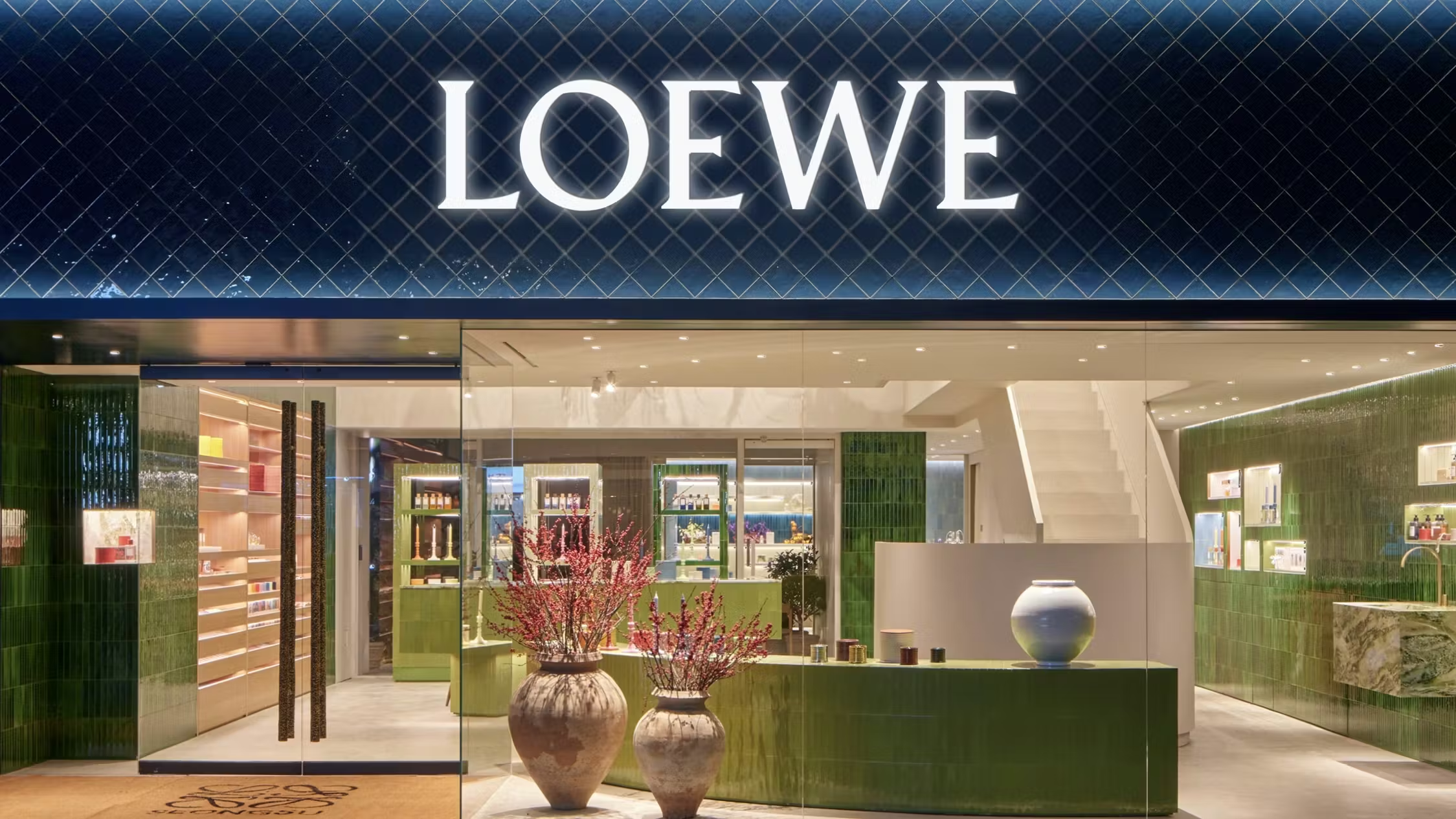Aesop was founded in 1987 in Melbourne, Australia, by Dennis Paphitis, a hairdresser who began blending essential oils into salon treatments to counter synthetic aromas in commercial haircare. His formulations resonated with clients seeking natural and sensorial products, eventually leading to Aesop’s first skincare line.
Aesop’s founding values were built around scientific rigor, design integrity, and eco-conscious craftsmanship. Its apothecary aesthetic and minimalist packaging became a visual hallmark—distinct from the flashier branding of 1990s cosmetics. From its earliest flagship in Melbourne’s St. Kilda (opened in 2004), the company began experimenting with design-focused retail, commissioning architects to give each store a unique cultural identity.
Ownership Timeline and Strategic Growth
Aesop’s expansion accelerated in the 2010s:
- 2010: Harbert Private Equity acquires a minority stake to fund international growth.
- 2012: Brazilian beauty group Natura &Co acquires a 65% stake for approximately US$71 million.
- 2016: Natura &Co gains full ownership, taking Aesop’s sales global—from 60 to nearly 400 stores in ten years.
- 2023: L’Oréal acquires Aesop for $2.5 billion (AUD 3.7 billion), the largest purchase in L’Oréal history, positioning the brand under the L’Oréal Luxe Division to drive growth in China and travel retail.
L’Oréal’s CEO Nicolas Hieronimus called Aesop “the epitome of avant-garde beauty, combining urbanity, hedonism and undeniable luxury.” He added that Aesop’s thoughtful design and botanical emphasis “tap into all of today’s ascending currents,” pointing to growth potential in China and global luxury retail channels.
Product Evolution and Ethical Milestones
From its initial four formulas, Aesop’s product portfolio now exceeds 100 unique formulations, encompassing skincare, body care, haircare, fragrances, home scents, and even toothpaste. Iconic products like its Parsley Seed Antioxidant Serum (selling every nine minutes globally) and Resurrection Aromatique Hand Wash have become luxury staples.
Sustainability remains central to Aesop’s brand DNA:
- 2020: Earned B Corp certification, re-certified in 2024, recognizing its ethical supply chain and community investment.
- 2021: Launched recyclable glass bottles and eliminated virgin plastics from most packaging.
- 2023: Released its annual Impact Report, detailing energy-efficient store builds and sustainable material partnerships.
Retail Expansion and Design Heritage
Aesop’s growth philosophy has always balanced boutique intimacy with global reach. The brand currently operates in 27-30 markets, with over 400 standalone stores across the U.S., Europe, and Asia. It now trades in 24 countries directly, employing more than 2,000 people.
In 2025, Aesop’s retail expansion continues under new L’Oréal leadership:
- New openings: Beverly Hills (March 2024), Leeds (January 2025), and a sustainable flagship in London’s One New Change (May 2025).
- Store design: Each boutique remains uniquely curated based on local architecture and materials. Aesop’s Beverly Hills store, for instance, features a “cinematic” layout inspired by Hollywood history, while its London concept highlights renewable wood and raw concrete aesthetics.
Digital and Experiential Innovations
In addition to its physical footprint, Aesop has been investing in digital modernization. The company began a digital and martech overhaul in 2024 to integrate personalization technology and unify its e-commerce and in-store data platforms, with a goal to boost digital sales by 38% by 2027. This blended retail model reflects the company’s emerging commitment to omnichannel luxury — an approach also seen across L’Oréal’s broader digital portfolio.
Aesop’s cultural strategy also extends into social branding and immersive experiences. Its marketing continues to rely on word-of-mouth, sensory storytelling, and minimalist design, eschewing celebrity endorsements in favor of architectural and literary collaborations.
Future Outlook
Aesop’s integration into L’Oréal Luxe positions it to become the conglomerate’s fastest-growing prestige skincare brand by value. Analysts expect sales to surpass US$600 million by 2026, driven by strong Asian demand and increasing travel-retail presence.
Following CEO Michael O’Keeffe’s departure in 2024, L’Oréal is restructuring leadership to align Aesop’s ethics with its global luxury playbook — focusing on sustainable retail, Chinese market penetration, and digital-first experiences. With retail boutique openings across Europe, North America, and Asia, the brand’s next chapter combines heritage craftsmanship with high-tech expansion.

















